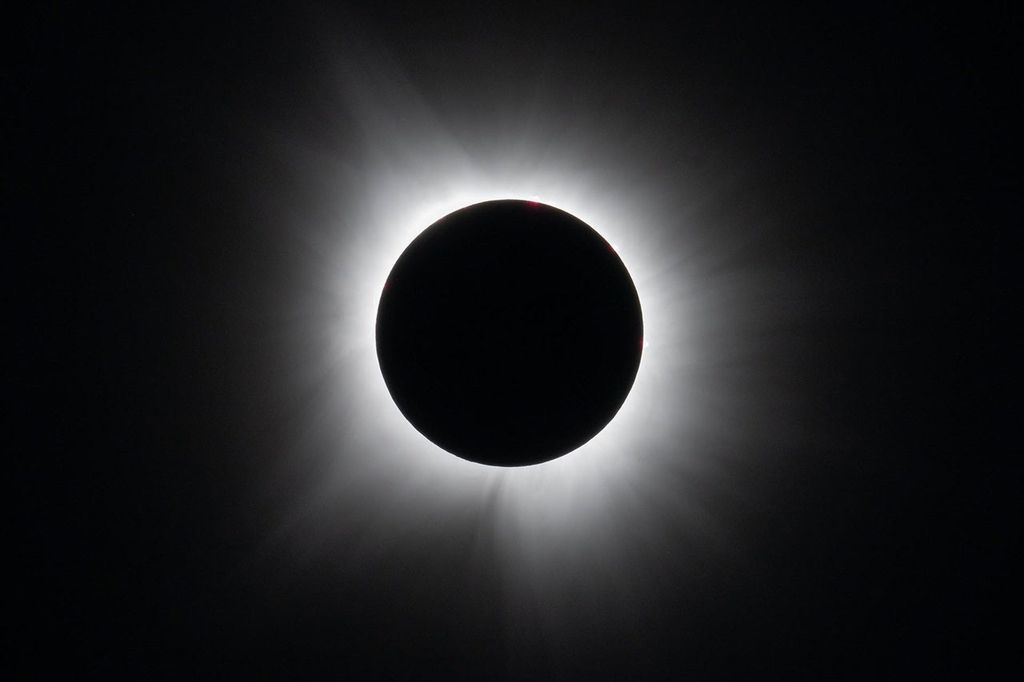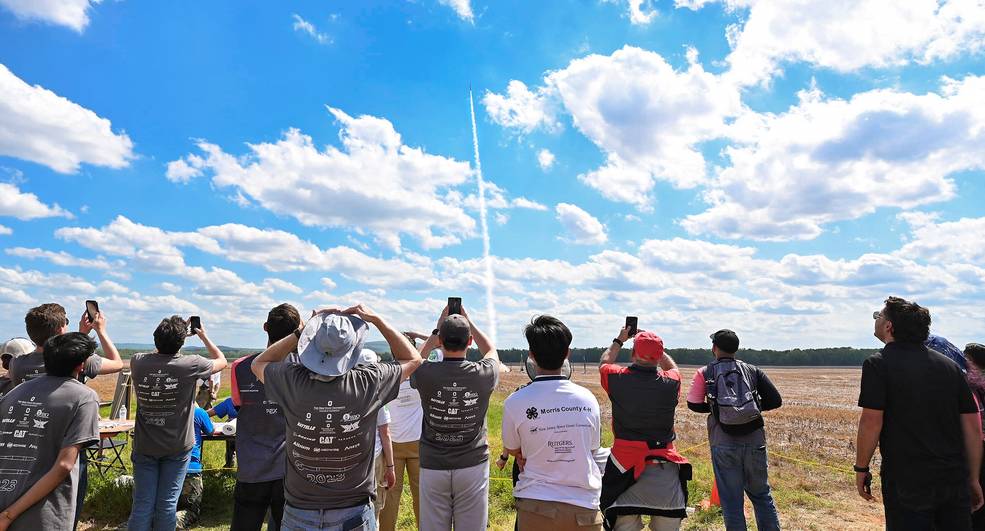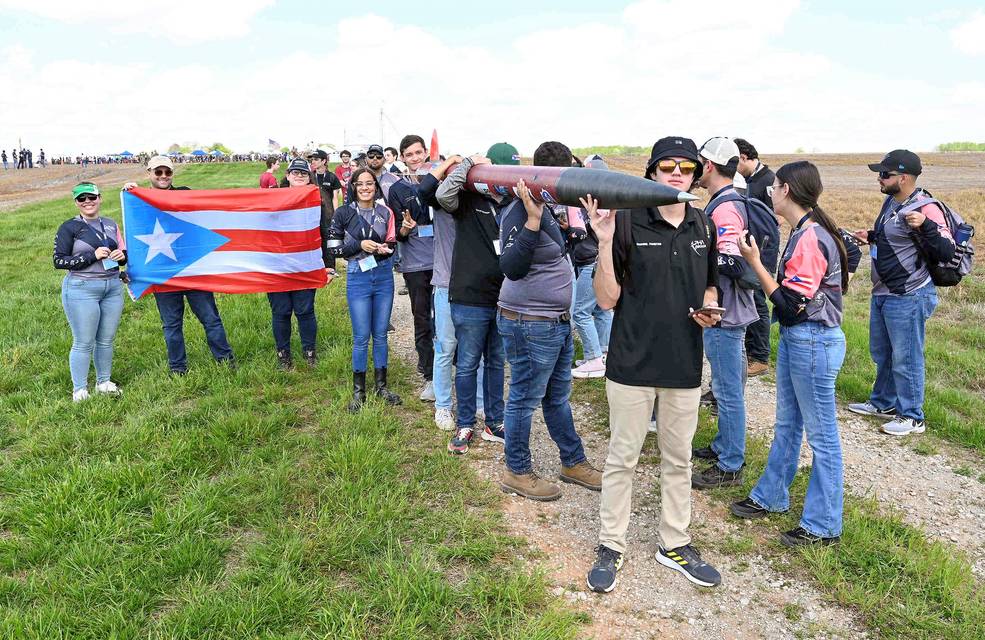More than 40 high-powered, amateur rockets successfully launched April 15, in North Alabama, each carrying a scientific payload nearly one-mile-high above ground level, as part of a NASA student competition.
“These are sophisticated rockets with advanced payloads, each meeting strict NASA requirements,” said Fred Kepner, NASA’s activity lead for the launch. “Students are demonstrating the crucial skills needed for NASA to continue complex missions of science and discovery.”
The launches were the culminating event of NASA’s Student Launch, a competition tasking students to design, build, and launch rockets in support of NASA research. When students were asked to describe learning from and working with NASA engineers, excited was the word used most often.
“We’re just five kids from New Jersey, we don’t go to the same school or even live in the same city, but here we are launching rockets with NASA,” said Sean McConoughey, of the Morris County 4-H Rocketry Club, from Morristown, New Jersey.
Every fall, NASA accepts proposals from eligible teams across the U.S. and Puerto Rico. If accepted, students then spend the next nine months designing, building, and testing rockets. However, to qualify for the spring launch event, teams must pass critical safety, flight, and launch reviews by NASA.
Student Launch is one of NASA’s eight Artemis Student Challenges – a series of activities providing students access to the Artemis program. Through Artemis, NASA will return humans to the Moon for long-term exploration, including landing the first woman and first person of color on the lunar surface, missions that will help pave the way for future missions to Mars.
“As a young woman, it’s important to be seen leading a team, managing resources, and meeting critical deadlines with NASA, I couldn’t be happier,” said Sindhu Belki, an aerospace engineering major from the University of Alabama. “I’m glad NASA provides this opportunity to be a role model to girls and women interested in space exploration.”
This round of launches took place at Bragg Farms in Toney, Alabama, minutes north of NASA’s Marshall Space Flight Center in Huntsville, Alabama. Once all the final flight data has been analyzed, NASA will recognize all students during a virtual awards ceremony at 1 p.m. CDT on Tuesday, June 6.
Marshall hosts the Student Launch challenge with management support provided by NASA’s Office of STEM Engagement – Southeast Region. Funding is provided, in part, by NASA’s Space Operations Mission Directorate and NASA’s Next Gen STEM project. Additional support is provided by Northrup Grumman, National Space Club Huntsville, American Institute of Aeronautics and Astronautics, National Association of Rocketry, Relativity Space, and Bastion Technologies.
Replays of this launch event are available on NASA’s Marshall YouTube page and NASA’s Student Launch Facebook page.
For more information about Student Launch, please visit:
https://www.nasa.gov/audience/forstudents/studentlaunch/home/index.html
Christopher Blair
Marshall Space Flight Center, Huntsville, Ala.
256-544-0034
christopher.e.blair@nasa.gov


























